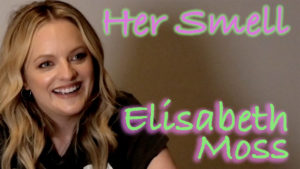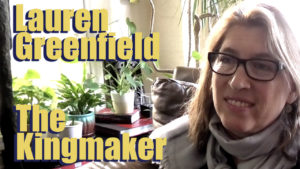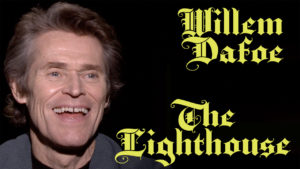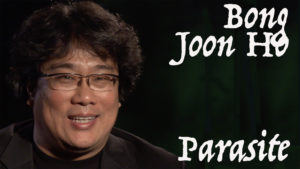

Sundance 2014 Review: The Better Angels

A film created to be seen on a big screen, where the gorgeous cinematography can fill your soul. Dialogue is sparse, used only to augment the narration and visuals, with the result that in many ways feels almost like watching a silent film with narration over it. Or perhaps, to be more accurate, it’s like immersing yourself into a black-and-white landscape of stunning beauty, where there happens to be this story happening around you. Edwards’ time spent as a cameraman on Malick’s films is evident here in the framing of shots, the extensive use of nature in storytelling, and his willingness to let his tale breathe in quiet spaces.
Read the full article »Sundance 2014 Review: Listen Up Philip

Here’s a truism about men like Philip: smart women who tell themselves they would never put up with his particular brand of bullshit no matter what nonetheless can and do fall prey to the allure of the reclusive, temperamental, misunderstood genius, and will keep coming back for more. Men like Philip present a challenge to overcome, a puzzle to solve – until the women in their lives finally have enough and say “no more.” And then those men end up alone, feeling misused and mistreated, looking everywhere save within themselves for the answer to the riddle of their loneliness and isolation.
Read the full article »Sundance 2014 Review: What We Do In The Shadows

This is one of the festival’s most pleasant surprises because it’s gotten to the point where certain horror tropes are dead or dying: recent zombie movies have been more shambling than exciting; vampires in general have become anemic and fangless (shout-out to the Twilight series, driving nails into the rhetorical coffin).
Read the full article »Sundance 2014 Review: War Story

The death of Lee’s friend has perhaps made her see the wages of war as a price higher than she ever thought she’d pay to be in the thick of it. She’s captured so many losses, so many tragedies, through the lens of her camera, but she has no idea how to capture and cope with her own. The film’s final moments elegantly underscore the truth about the death of those we love and how we grieve the impact of losing them: It hurts, it will always hurt, when you lose someone you love, and even more so when you feel yourself responsible. But life moves on, wars continue to happen, the world spins around its axis just like it did before you lost this person you cared about.
Read the full article »Picturing Sundance 2014: 21 Images

Sleep is good. Seeing movies is better. Writing solid, thoughtful reviews instead of instant reactions longer than a well-wrought tweet: even better. A few quick descriptions and some more glimpses of 10 days at Sundance.
Read the full article »





















